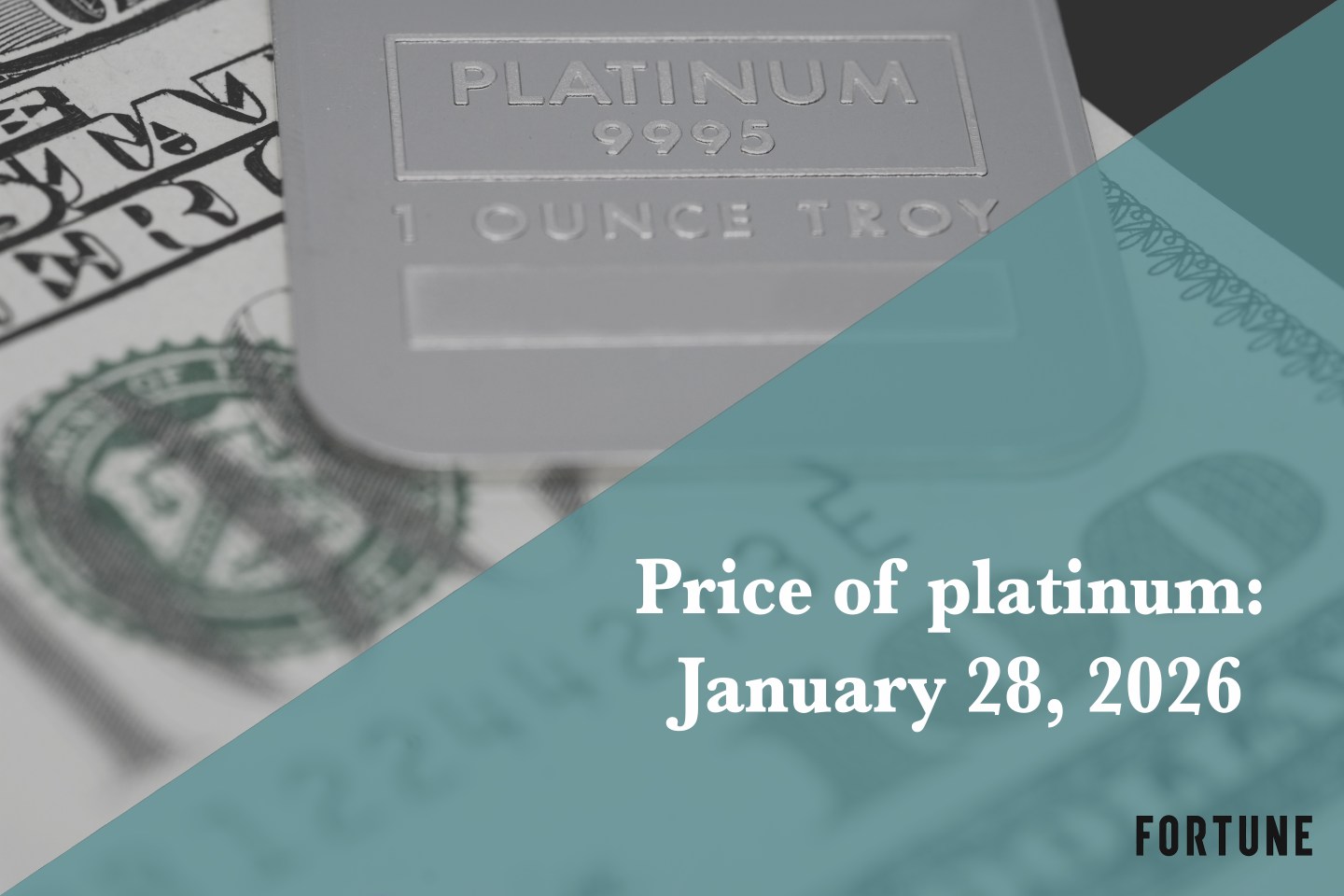The U.S.’s 4o year-old ban on exports of crude oil appears to be breaking down, under pressure from a boom in domestic production from shale formations.
The Wall Street Journal reported that the Commerce Department has given two Houston-based companies, Pioneer Natural Resources Inc. (PXD) and Enterprise Products Partners L.P., permission to ship condensate, a blend of hydrocarbons lighter than gasoline, direct to foreign buyers from the Eagle Ford shale formation in south Texas.
The WSJ said the rulings were private. Neither company, nor Commerce, could immediately be reached for comment, although the WSJ cited Commerce as saying there has been “no change in policy on crude oil exports.”
The crude export ban is fast becoming one of the hottest lobbying topics in Washington. U.S. Oil producers have been pressuring the Obama administration for the right to export because the glut of shale-sourced production has pushed domestic prices well below international ones. Washington is concerned, however, that if they allow the surplus to be expected, domestic gasoline prices will rise.
Condensate, which occurs naturally, can be refined into various motor fuels such as gasoline and jet fuel. Energy-importing Asian countries have invested heavily in recent years in ‘condensate splitters’ that can do just that. Reuters estimates that around 350,000 barrels a day of condensate refining capacity will open this year.
Condensate is usually subjected to a minimal degree of treatment to remove impurities and volatile gases–something that allows it still to be classed officially as a refined product, thereby avoiding the export ban.
Reuters reported that prices for oil delivered to the U.S. Rose by more than $1 to $107.05 a barrel on the report.
The U.S.’s current policy dates back to 1973, when Arab states imposed an oil embargo on states dealing with Israel as a consequence of the “Yom Kippur War”. That had led to a sharp rise in gasoline prices and rationing in the U.S.
It also led indirectly to the end of Detroit’s dominance of the U.S. Motor industry, by killing off the ‘gas-guzzler’ generation of cars and encouraging the development of more energy-efficient vehicles.












